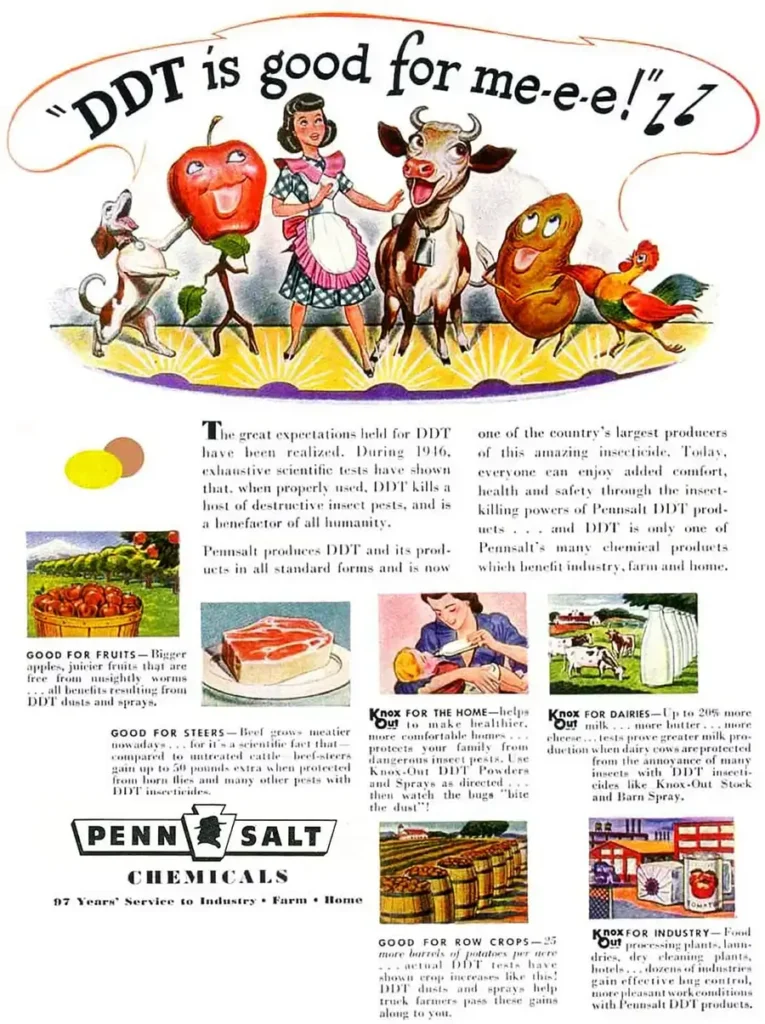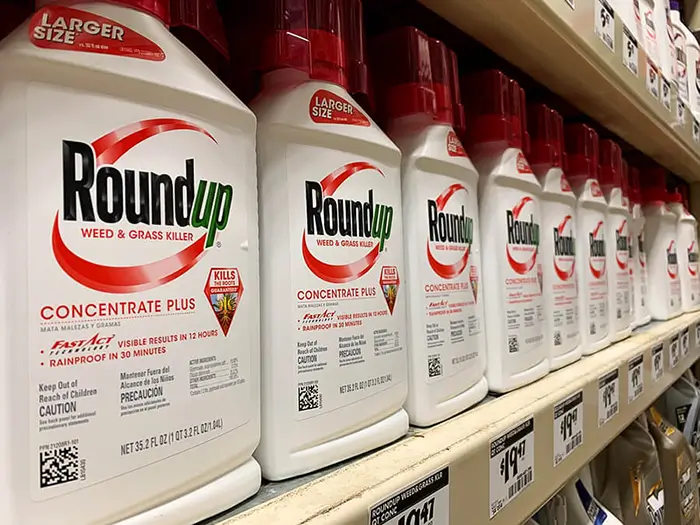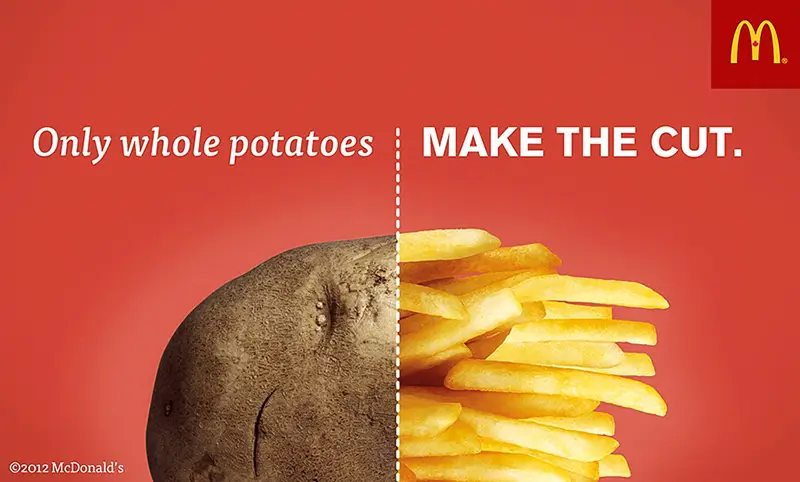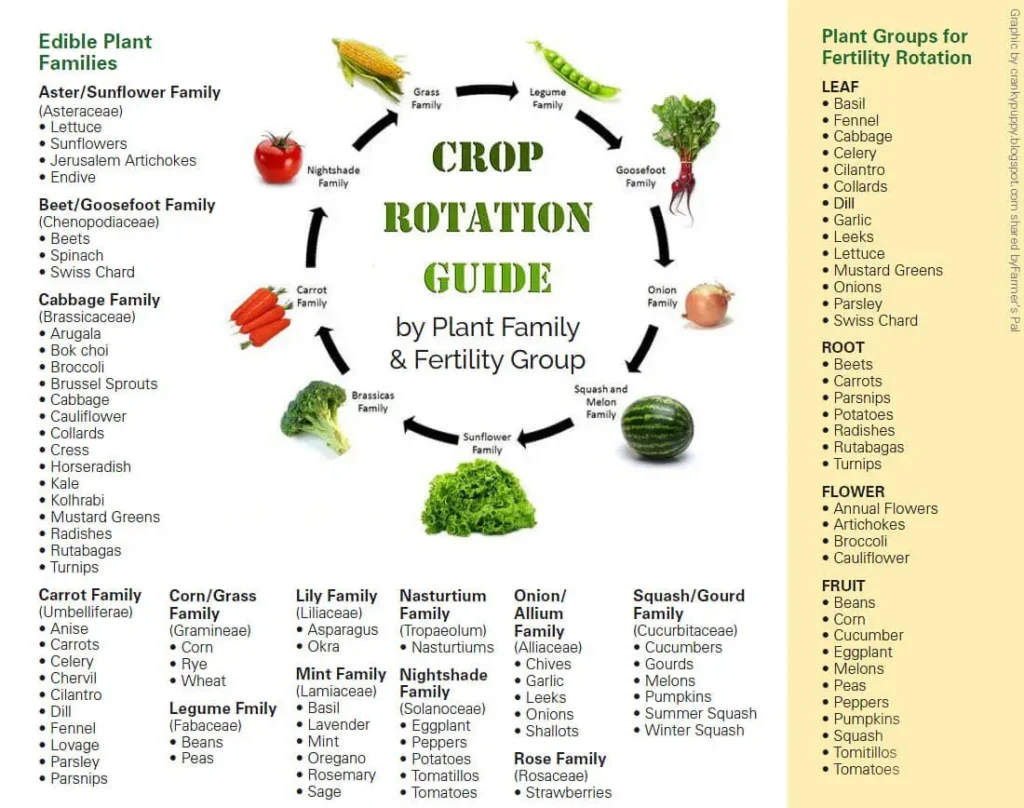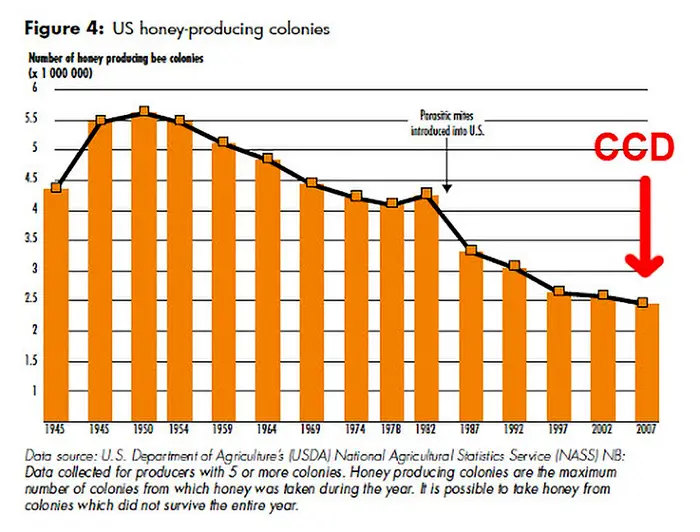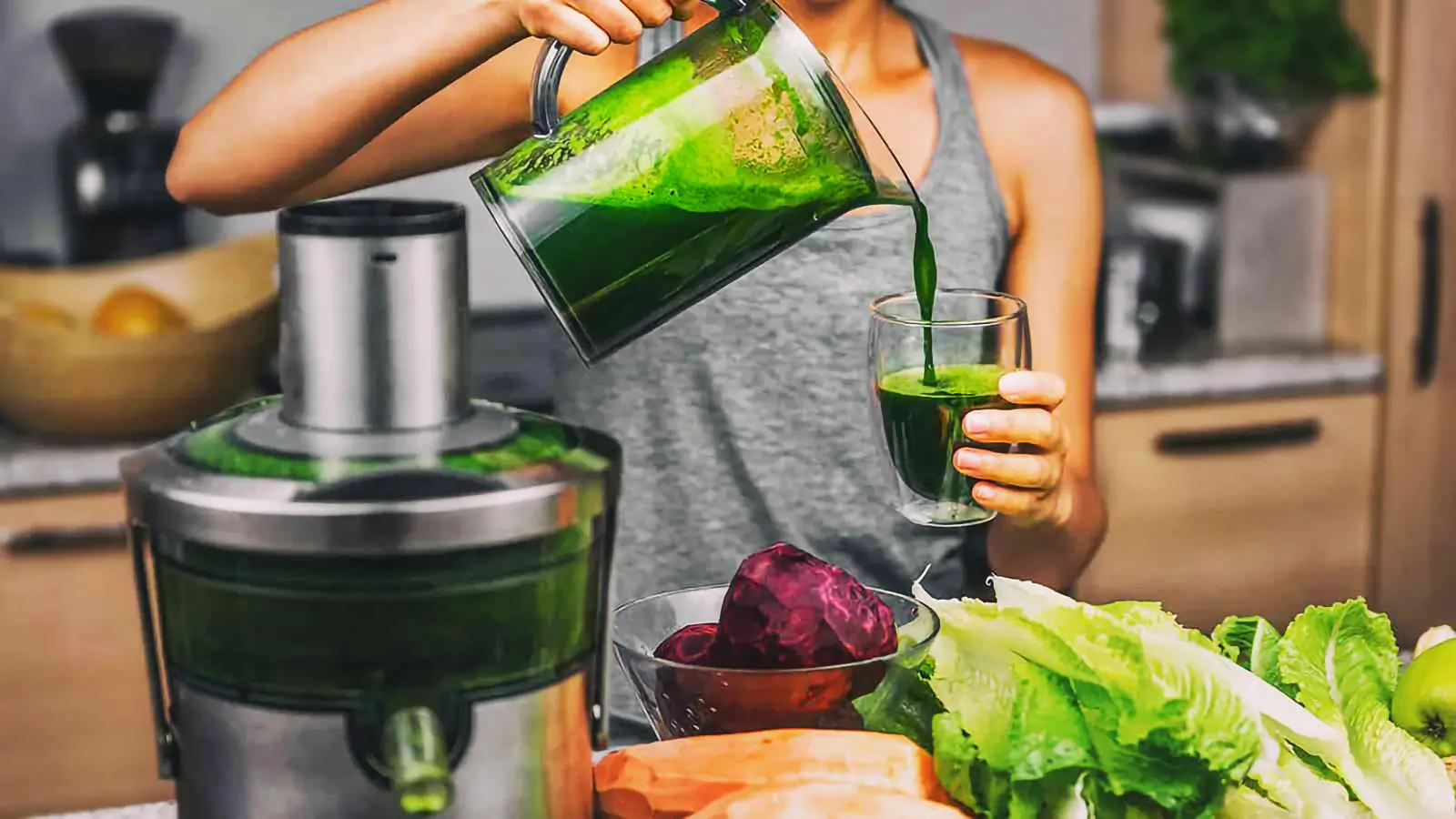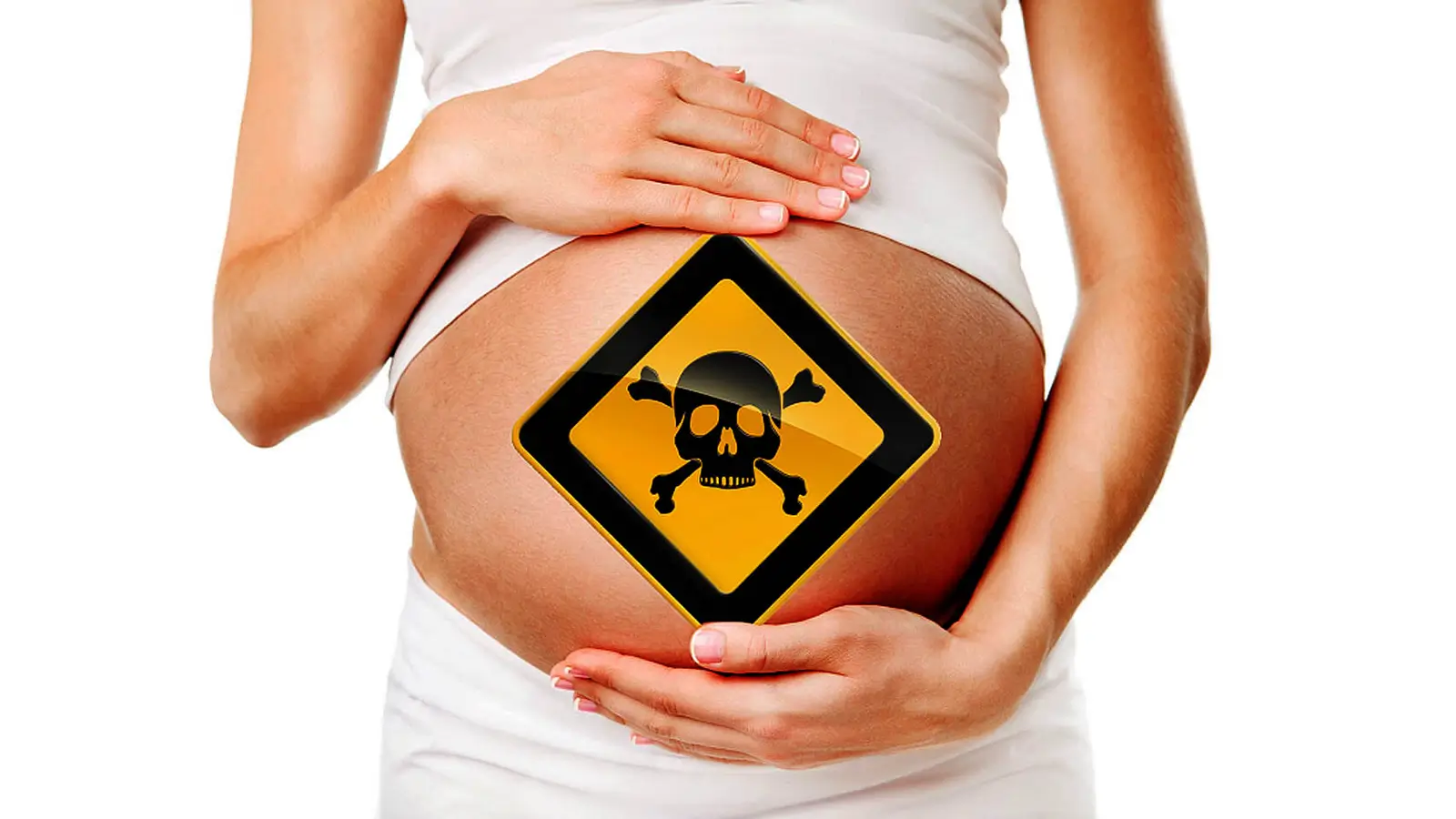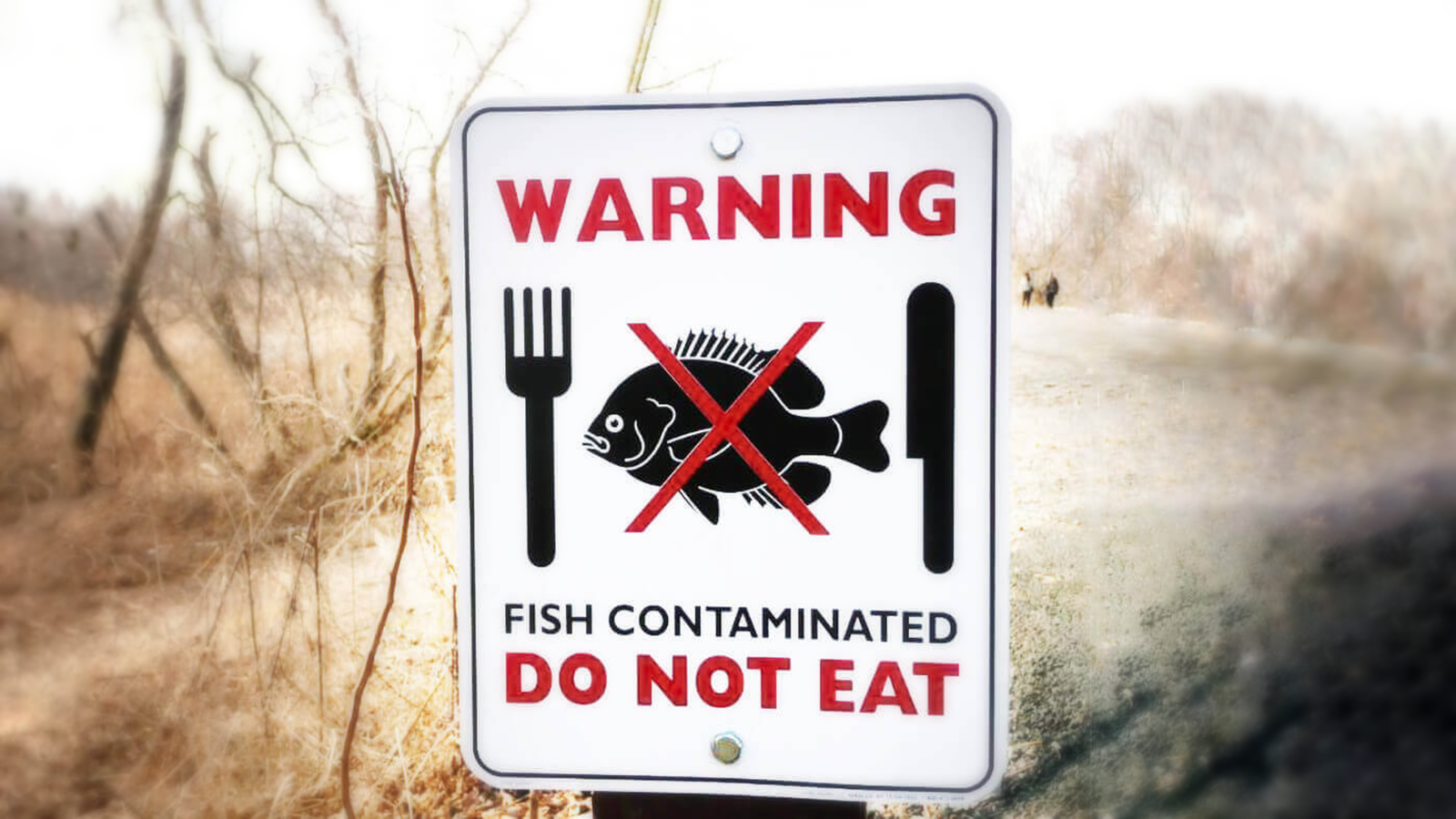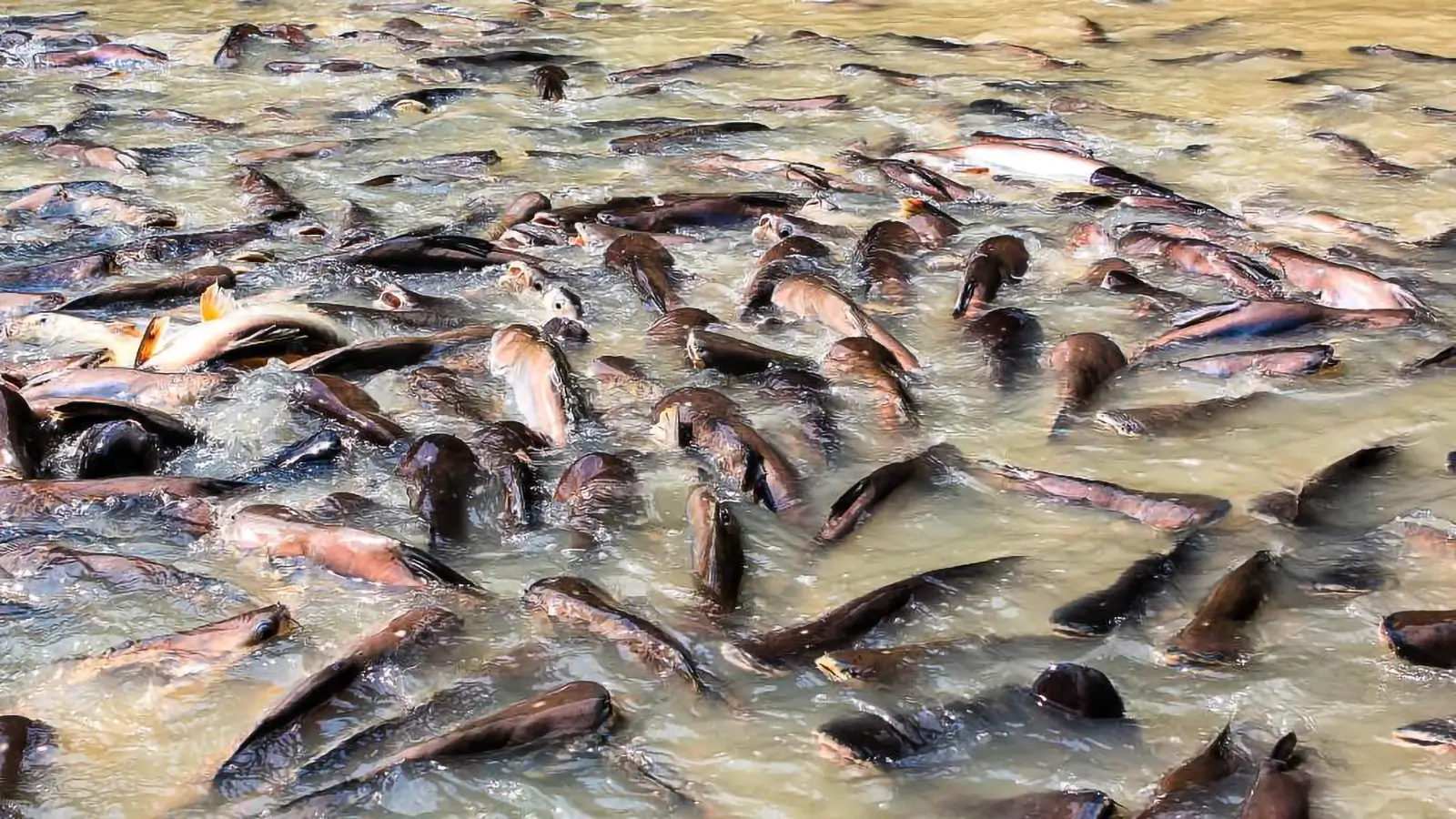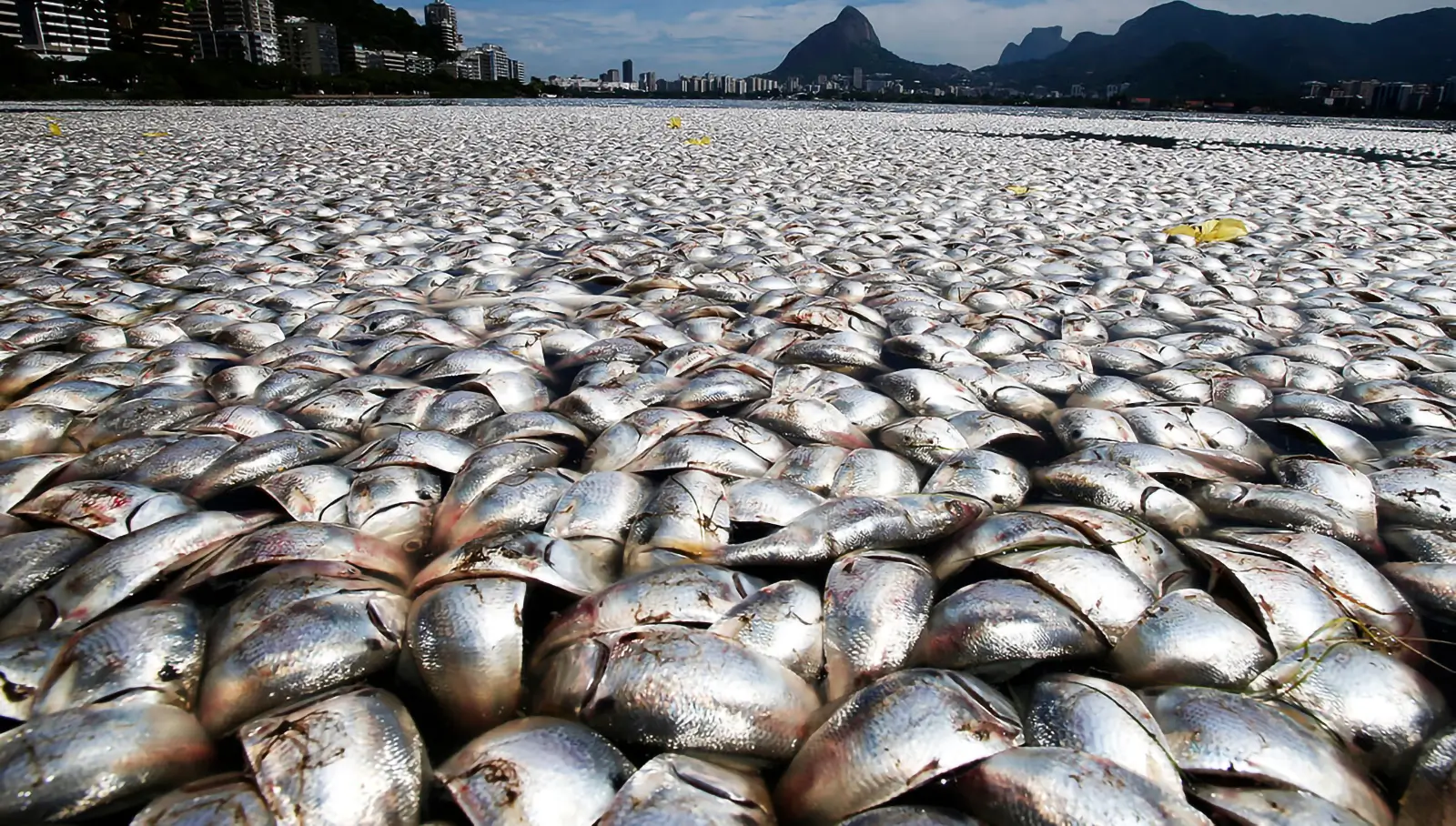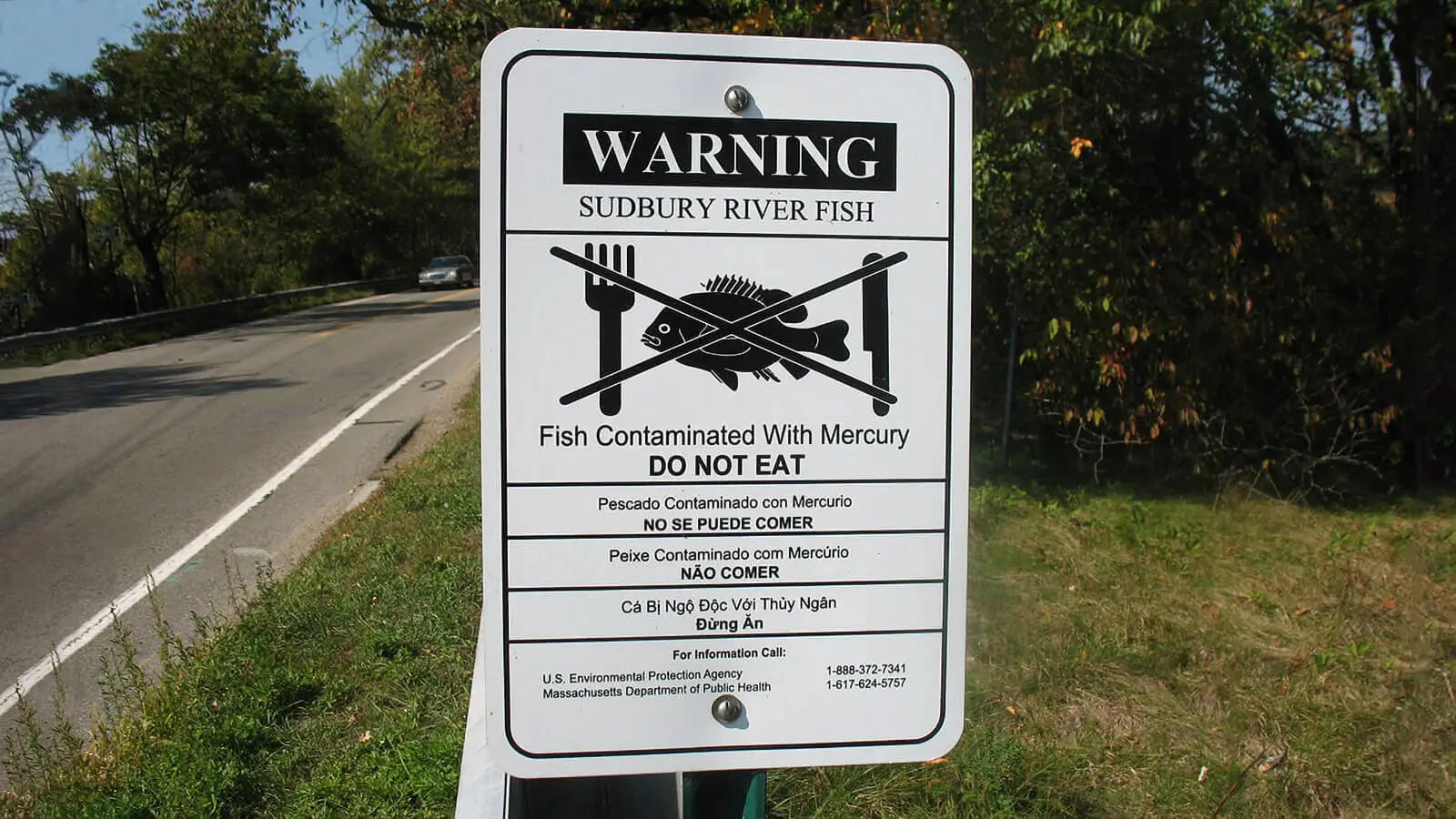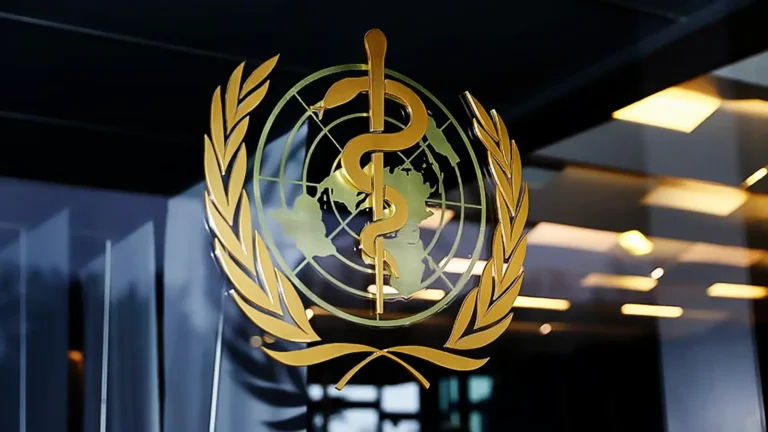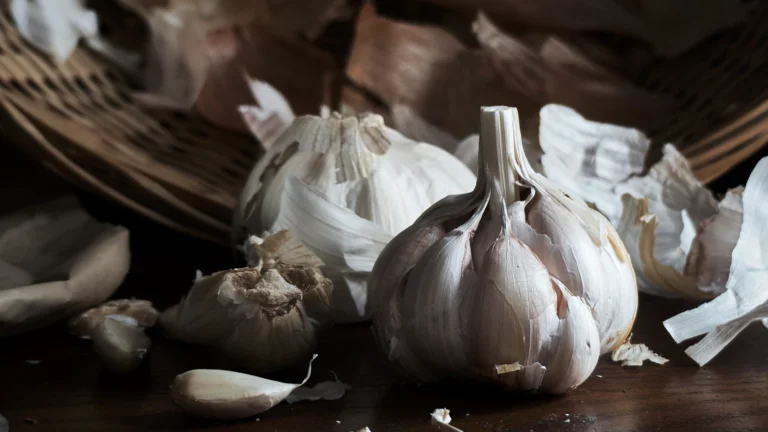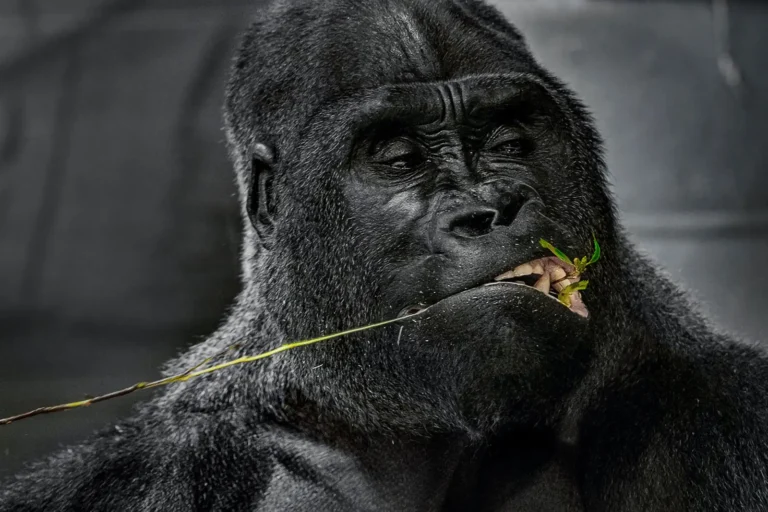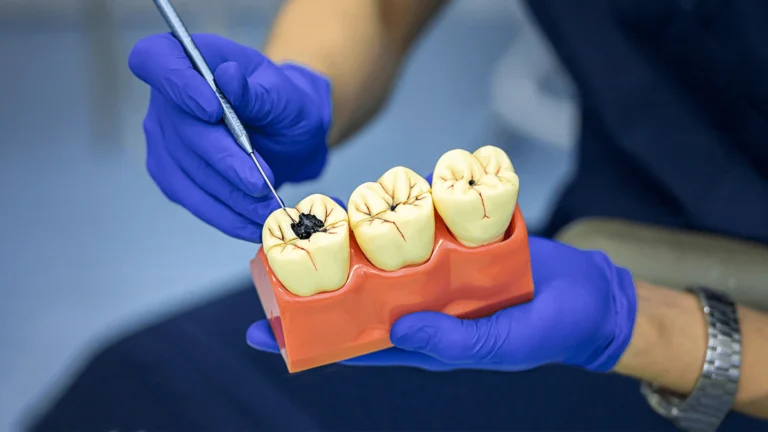Pesticidas, OGM e Sobrecarga Tóxica.
A exposição a pesticidas causa directamente cancro, defeitos de nascença, esterilidade e infertilidade, danos no cérebro e sistema nervoso, fígado, rins, e outros órgãos.
Milos Pokimica
Escrito por: Milos Pokimica
Revisto Clinicamente Por: Dr. Xiùying Wáng, M.D.
Actualizado em 9 de Junho de 2023Todos os pesticidas são semelhantes. Alguns são mais tóxicos, outros menos, mas todos são tóxicos. Não existe hoje um único pesticida que seja promotor de saúde. O DDT, por exemplo, é agora uma substância proibida em muitas partes do mundo, mas já não o era em tempos. O governo aprovava o produto, e a indústria química empurrava-o agressivamente. Permaneceu maciçamente apoiado durante um período prolongado pelo governo e pela indústria. Um tipo de substância milagrosa. A arma diabólica da ciência moderna mata milhares de milhões de insectos e salva milhões de seres humanos. A solução final para o paludismo e outras doenças que transportam insectos.
Os pesticidas são neurotoxinas para os insectos mas não para os humanos. O DDT nos insectos abre canais de iões de sódio nos neurónios, fazendo com que disparem espontaneamente, o que leva a espasmos e eventual morte. Tudo o que o insecto precisa de fazer é caminhar sobre a superfície tratada. Na mente do cientista, tratava-se apenas de uma neurotoxina para insectos. Eles não podiam considerar a probabilidade de que pudesse fazer outras coisas a longo prazo. Um grande pedaço de pesticidas utilizados hoje em dia é muito pior do que o DDT.
Uma outra razão pela qual o DDT foi proibido é que durante 30 anos foi utilizado em excesso e os insectos tornaram-se resistentes a ele. Acontece num ambiente quando é introduzido um veneno.
Alguns insectos sobrevivem e multiplicam-se. As características genéticas dos sobreviventes serão mais adaptadas contra o mesmo tipo de pesticidas. O pesticida utilizado pela primeira vez terá o impacto mais significativo e causará mais danos. No entanto, alguns insectos que sobrevivem irão transportar os seus genes para a frente. Com o tempo, as gerações vindouras serão capazes de resistir mais aos seus efeitos e, eventualmente, de se tornarem tolerantes. Como os mosquitos na África do Sul. Quanto mais tempo um produto químico for utilizado, mais resistentes os insectos se tornarão. É a mesma história que as estirpes de bactérias resistentes a antibióticos. Quando isto acontece, os venenos mais eficazes e mais potentes, e tóxicos, têm de ser utilizados pelos agricultores. Isso irá repetir o ciclo. Novos compostos são normalmente mais caros, pelo que o custo económico se tornará mais elevado e são também cada vez mais tóxicos. Isso gera um nível de poluição mais elevado e, portanto, deteriora ainda mais o equilíbrio global do ecossistema.. A elevada taxa de reprodução dos insectos significa que dentro de algumas décadas eles podem tornar-se tolerantes, mas e você?
Os pesticidas escorrerão para águas subterrâneas e ribeiros e rios. Isso irá afectar a biologia de muitas espécies de peixes, aves, mamíferos, e outros animais numa cadeia alimentar, acabando por acabar também no seu corpo.
Os organismos geneticamente modificados são criados principalmente por causa disto, de modo que pesticidas como Roundup podem ser utilizados em doses elevadas para matar todos estes novos insectos resistentes e desagradáveis. Chegámos ao ponto em que temos de alterar artificialmente os genes para acompanhar a evolução natural.
Um bom exemplo são as batatas fritas da McDonald's. Em todos os restaurantes McDonald's do mundo, as batatas fritas são feitas com a mesma batata chamada Russet Burbank.
Trata-se de uma batata americana que é invulgarmente comprida e que é também muito difícil de cultivar. Tem de ser muito comprida, porque gostamos daquelas caixas vermelhas com um pequeno ramo de batatas fritas muito compridas, visualmente. Por isso, a McDonald insiste em que todas as batatas sejam Russet Burbank. Também insiste que todas as batatas fritas sejam claras e sem manchas. Existe um defeito comum nas Russet Burbank chamado necrose líquida. Como gostamos que as batatas fritas sejam limpas, sem manchas castanhas, a McDonald's não compra batatas de agricultores que as tenham. A única forma de eliminar as manchas é eliminar os pulgões. O único pesticida que os consegue matar chama-se Monitor. É tão tóxico que os agricultores que cultivam estas batatas têm de pulverizar os pesticidas e não voltam aos campos durante cinco dias após a pulverização. Têm de esperar que os pesticidas sejam lavados para poderem voltar. Quando colhem as batatas, têm de as colocar em barracões com atmosfera controlada. Nalguns casos, o tamanho dos pavilhões pode rivalizar com os estádios de futebol. A razão pela qual as batatas são colocadas em armazéns é o facto de não serem comestíveis durante seis semanas. A batata tem de libertar o gás de todos os químicos que contém.
Na agricultura biológica, a rotação de culturas é útil para resolver muitos problemas relacionados com a utilização excessiva de pesticidas. A monocultura esgota excessivamente o solo de certos nutrientes. A rotação tem o objetivo de reconstruir o solo. Uma cultura que liberta o solo de um tipo de nutriente é substituída, na estação de crescimento seguinte, por outra que não liberta esse nutriente específico, mas que extrai uma proporção diferente de nutrientes. Em alguns casos, se for feita corretamente, a rotação de culturas pode mesmo devolver esse nutriente ao solo. A rotação, com o tempo, irá aumentar a biomassa, a fertilidade e a estrutura do solo a partir de várias estruturas radiculares.
Quando uma espécie é cultivada continuamente, ano após ano, a seu tempo acumulará o número de pragas, e por rotação, a acumulação de agentes patogénicos e pragas será atenuada. No entanto, à medida que a população humana tem crescido, a monocultura com fertilizantes sintéticos é a única forma economicamente eficaz de produzir todas as culturas de que necessitamos. Também se deixam as culturas vulneráveis a ataques extensivos de pragas. Actualmente, utilizamos anualmente mais de 5 mil milhões de libras de pesticidas em toda a Terra. Todos estes produtos químicos acabam por ir parar ao solo e ao oceano. Além disso, estes produtos químicos alteraram a genética de muitas espécies, criando super-insectos. O escaravelho da batata do Colorado, por exemplo, é resistente a mais de 50 insecticidas. Outros insectos são apanhados no fogo cruzado.
Por exemplo, desde finais dos anos 90, há uma redução inexplicada e súbita do número de abelhas. A uma escala global, existem taxas de declínio anormalmente elevadas nas colónias de abelhas.
Mais de um terço da produção agrícola mundial depende da polinização das abelhas. A perda de biodiversidade pode explicar isto. Devido às monoculturas que as abelhas não podem utilizar para a alimentação e ao uso generalizado de pesticidas, alguns deles podem matá-las directa ou indirectamente, a situação é agora terrível. A morte das abelhas reflecte o equilíbrio disfuncional na natureza com um sistema alimentar disfuncional e uma paisagem sem flores. Em algumas partes do mundo, não há abelhas de todo. Nesses lugares, as pessoas são pagas para fazer a polinização à mão. Nos EUA, as abelhas têm estado em declínio desde a 2ª Guerra Mundial. Havia cerca de 4,5 milhões de colmeias antes da guerra e agora o número é de cerca de 2 milhões de colmeias. Os desertos alimentares são monoculturas em grande escala que não fornecem qualquer alimento aos insectos, incluindo as abelhas. As explorações agrícolas que servem para sustentar a vida das abelhas são agora desertos alimentares dominados por uma ou duas espécies como o milho ou a soja, sem plantas floríferas que as abelhas necessitam para sobreviver. Por exemplo, a escala da monocultura de amêndoas é tal que hoje em dia são necessárias 1,5 milhões de colmeias ou quase todas as colmeias existentes nos EUA para fazer uma polinização bem sucedida. É necessário transportar colmeias através dos EUA para polinizar apenas esta única cultura. São transportadas em semi-cargas, e após a floração as amêndoas são paisagens sem flores e sem alimento para as abelhas, pelo que são necessárias para serem transportadas para algum outro local para fazer a polinização. O problema é que a produção alimentar que requer a polinização das abelhas está a aumentar anualmente. E depois os pesticidas são necessários porque as monoculturas são um banquete para a praga que se alimenta delas. No pólen que as abelhas recolhem, existem pelo menos seis tipos de insecticidas. Há um insecticida que é especialmente tóxico para as abelhas chamado neonicotinóide.
Os pesticidas tinham melhorado com o tempo e tornaram-se mais fortes e mais direccionados, mas mesmo assim, não são naturais e continuam a poluir o solo, a água, a vida selvagem, e a nossa saúde também.
A exposição a estas substâncias causa directamente cancro e outros tumores, leucemia, linfoma, defeitos de nascença, infertilidade, outros problemas reprodutivos, natimorto, aborto espontâneo, esterilidade e infertilidade, lesões cerebrais e do sistema nervoso, e danos no fígado, rins, pulmões, e outros órgãos do corpo.
Sem eles, os preços dos alimentos dispararão, e um grande pedaço da população humana morrerá de fome ou de doenças transmitidas por mosquitos.
Referências:
Passagens seleccionadas de um livro: Pokimica, Milos. Go Vegan? Revisão da Ciência-Parte 1. Kindle ed., Amazon, 2018.
Publicações Relacionadas
Você tem alguma dúvida sobre saúde e nutrição?
Eu adoraria ouvir de você e respondê-las em meu próximo post. Agradeço sua contribuição e opinião e espero ouvir de você em breve. Eu também convido você a siga-nos no Facebook, Instagram e Pinterest para mais conteúdos sobre dieta, nutrição e saúde. Pode deixar um comentário e ligar-se a outros entusiastas da saúde, partilhar as suas dicas e experiências e obter apoio e encorajamento da nossa equipa e comunidade.
Espero que este post tenha sido informativo e agradável para si e que esteja preparado para aplicar os conhecimentos que aprendeu. Se achou este post útil, por favor partilhá-lo com os seus amigos e familiares que também possam beneficiar com isso. Nunca se sabe quem poderá precisar de alguma orientação e apoio no seu percurso de saúde.
– Você Também Pode Gostar –

Aprender Sobre Nutrição
Milos Pokimica é médico de medicina natural, nutricionista clínico, escritor de saúde e nutrição médica, e conselheiro em ciências nutricionais. Autor da série de livros Go Vegan? Revisão de Ciênciaopera também o website de saúde natural GoVeganWay.com
Medical Disclaimer
GoVeganWay.com traz análises das pesquisas mais recentes sobre nutrição e saúde. As informações fornecidas representam a opinião pessoal do autor e não pretendem nem implicam substituir aconselhamento, diagnóstico ou tratamento médico profissional. As informações fornecidas são apenas para fins informativos e não se destinam a servir como substituto para consulta, diagnóstico e/ou tratamento médico de um médico ou profissional de saúde qualificado.NUNCA DESCONSIDERE o CONSELHO MÉDICO PROFISSIONAL OU adiar a BUSCA de TRATAMENTO MÉDICO por causa DE ALGO QUE TENHA LIDO OU ACESSADO por MEIO de GoVeganWay.com
NUNCA APLIQUE QUAISQUER MUDANÇAS de estilo de VIDA OU QUALQUER MUDANÇA COMO UMA CONSEQUÊNCIA DE ALGO QUE TENHA LIDO NO GoVeganWay.com ANTES de CONSULTORIA de LICENÇA MÉDICA.
No caso de uma emergência médica, ligue para o médico ou para o 911 imediatamente. GoVeganWay.com não recomenda ou endossa qualquer específicos, grupos, organizações, exames, médicos, produtos, procedimentos, opiniões ou outras informações que podem ser mencionadas dentro.
Sugestões do Editor –
Milos Pokimica é escritor especializado em saúde e nutrição e consultor em ciências nutricionais. Autor da série de livros Go Vegan? Revisão de Ciênciaopera também o website de saúde natural GoVeganWay.com
Artigos Mais Recentes -
Superior De Saúde De Notícias — ScienceDaily
- The overlooked nutrition risk of Ozempic and Wegovyon Fevereiro 4, 2026
Popular weight-loss drugs like Ozempic and Wegovy can dramatically curb appetite, but experts warn many users are flying blind when it comes to nutrition. New research suggests people taking these medications may not be getting enough guidance on protein, vitamins, and overall diet quality, increasing the risk of muscle loss and nutrient deficiencies.
- A 25-year study found an unexpected link between cheese and dementiaon Fevereiro 4, 2026
A massive Swedish study tracking nearly 28,000 people for 25 years found an unexpected link between full-fat dairy and brain health. Among adults without a genetic risk for Alzheimer’s, eating more full-fat cheese was associated with a noticeably lower risk of developing the disease, while higher cream intake was tied to reduced dementia risk overall. The findings challenge decades of low-fat dietary advice but come with important caveats.
- MIT’s new brain tool could finally explain consciousnesson Fevereiro 4, 2026
Scientists still don’t know how the brain turns physical activity into thoughts, feelings, and awareness—but a powerful new tool may help crack the mystery. Researchers at MIT are exploring transcranial focused ultrasound, a noninvasive technology that can precisely stimulate deep regions of the brain that were previously off-limits. In a new “roadmap” paper, they explain how this method could finally let scientists test cause-and-effect in consciousness research, not just observe […]
- Why heart disease risk in type 2 diabetes looks different for men and womenon Fevereiro 4, 2026
Scientists are digging into why heart disease risk in type 2 diabetes differs between men and women—and sex hormones may be part of the story. In a large Johns Hopkins study, men with higher testosterone had lower heart disease risk, while rising estradiol levels were linked to higher risk. These hormone effects were not seen in women. The results point toward more personalized approaches to heart disease prevention in diabetes.
- Sound machines might be making your sleep worseon Fevereiro 4, 2026
Sound machines may not be the sleep saviors many believe. Researchers found that pink noise significantly reduced REM sleep, while simple earplugs did a better job protecting deep, restorative sleep from traffic noise. When pink noise was combined with outside noise, sleep quality dropped even further. The results suggest that popular “sleep sounds” could be doing more harm than good—particularly for kids.
- This unexpected plant discovery could change how drugs are madeon Fevereiro 3, 2026
Plants make chemical weapons to protect themselves, and many of these compounds have become vital to human medicine. Researchers found that one powerful plant chemical is produced using a gene that looks surprisingly bacterial. This suggests plants reuse microbial tools to invent new chemistry. The insight could help scientists discover new drugs and produce them more sustainably.
- A hidden cellular process may drive aging and diseaseon Fevereiro 3, 2026
As we age, our cells don’t just wear down—they reorganize. Researchers found that cells actively remodel a key structure called the endoplasmic reticulum, reducing protein-producing regions while preserving fat-related ones. This process, driven by ER-phagy, is tied to lifespan and healthy aging. Because these changes happen early, they could help trigger later disease—or offer a chance to stop it.
PubMed, #vegan-dieta –
- Diet type and the oral microbiomeon Fevereiro 2, 2026
CONCLUSION: The diet-oral microbiome-systemic inflammation axis is bidirectional and clinically relevant. Understanding both direct ecological regulation and indirect metabolic effects is essential to support precision nutrition strategies aimed at maintaining oral microbial balance and systemic inflammatory risk mitigation.
- Consensus document on healthy lifestyleson Janeiro 22, 2026
Proteins are a group of macronutrients that are vital to our lives, as they perform various functions, including structural, defensive and catalytic. An intake of 1.0-1.2 g/kg/body weight per day would be sufficient to meet our needs. Carbohydrate requirements constitute 50 % of the total caloric value and should be obtained mainly in the form of complex carbohydrates. In addition, a daily intake of both soluble and insoluble fiber is necessary. Regular consumption of extra virgin olive oil […]
- Vitamin B12 and D status in long-term vegetarians: Impact of diet duration and subtypes in Beijing, Chinaon Janeiro 21, 2026
CONCLUSIONS: This study reveals a dual challenge among Beijing long-term vegetarians: vitamin B12 deficiency was strongly associated with the degree of exclusion of animal products from the diet (veganism), while vitamin D deficiency was highly prevalent and worsened with longer diet duration. The near-universal vitamin D deficiency observed in this study suggests that, in the Beijing context, the risk may extend beyond dietary choice, potentially reflecting regional environmental factors;…
- Nutritional evaluation of duty meals provided to riot police forces in Germanyon Janeiro 13, 2026
Background: The primary role of the German riot police is maintaining internal security. Due to challenging working conditions, riot police forces face an elevated risk of various diseases. During duty, forces are provided with meals. A balanced diet can reduce the risk of some of these diseases and contribute to health-promoting working conditions. Aim: First evaluation of the nutritional quality of duty meals in Germany based on German Nutrition Society recommendations (DGE). Methods: In…
- Iodineon Janeiro 1, 2006
Iodine is an essential trace nutrient for all infants that is a normal component of breastmilk. Infant requirements are estimated to be 15 mcg/kg daily in full-term infants and 30 mcg/kg daily in preterm infants.[1] Breastmilk iodine concentration correlates well with maternal urinary iodine concentration and may be a useful index of iodine sufficiency in infants under 2 years of age, but there is no clear agreement on a value that indicates iodine sufficiency, and may not correlate with […]
Postagens aleatórias –
Postagens em destaque –
Últimas do PubMed, #dieta baseada em vegetais –
- From paddy soil to dining table: biological biofortification of rice with zincpor Lei Huang on Fevereiro 4, 2026
One-third of paddy soils are globally deficient in zinc (Zn) and 40% of Zn loss in the procession from brown rice to polished rice, which results in the global issue of hidden hunger, e.g., the micronutrient deficiencies in the rice-based population of developing countries. In the recent decades, biofortification of cereal food crops with Zn has emerged as a promising solution. Herein, we comprehensively reviewed the entire process of Zn in paddy soil to human diet, including the regulatory…
- Molecular Characterization of Tobacco Necrosis Virus A Variants Identified in Sugarbeet Rootspor Alyssa Flobinus on Fevereiro 3, 2026
Sugarbeet provides an important source of sucrose; a stable, environmentally safe, and low-cost staple in the human diet. Viral diseases arising in sugarbeet ultimately impact sugar content, which translates to financial losses for growers. To manage diseases and prevent such losses from occurring, it is essential to characterize viruses responsible for disease. Recently, our laboratory identified a tobacco necrosis virus A variant named Beta vulgaris alphanecrovirus 1 (BvANV-1) in sugarbeet…
- Nutrition in early life interacts with genetic risk to influence preadult behaviour in the Raine Studypor Lars Meinertz Byg on Fevereiro 3, 2026
CONCLUSIONS: Nutrition in early life and psychiatric genetic risk may interact to determine lasting child behaviour. Contrary to our hypothesis, we find dietary benefits in individuals with lower ADHD PGS, necessitating replication. We also highlight the possibility of including genetics in early nutrition intervention trials for causal inference.
- Effect of the gut microbiota on insect reproduction: mechanisms and biotechnological prospectspor Dilawar Abbas on Fevereiro 2, 2026
The insect gut microbiota functions as a multifunctional symbiotic system that plays a central role in host reproduction. Through the production of bioactive metabolites, gut microbes interact with host hormonal pathways, immune signaling, and molecular regulatory networks, thereby shaping reproductive physiology and fitness. This review summarizes recent advances in understanding how gut microbiota regulate insect reproduction. Accumulating evidence demonstrates that microbial metabolites…
- Rationale and design of a parallel randomised trial of a plant-based intensive lifestyle intervention for diabetes remission: The REmission of diabetes using a PlAnt-based weight loss InteRvention…por Brighid McKay on Fevereiro 2, 2026
CONCLUSIONS: This trial will provide high-quality clinical evidence on the use of plant-based ILIs to address the epidemics of obesity and diabetes to inform public health policies and programs in Canada and beyond.
- Diet type and the oral microbiomepor Daniel Betancur on Fevereiro 2, 2026
CONCLUSION: The diet-oral microbiome-systemic inflammation axis is bidirectional and clinically relevant. Understanding both direct ecological regulation and indirect metabolic effects is essential to support precision nutrition strategies aimed at maintaining oral microbial balance and systemic inflammatory risk mitigation.
